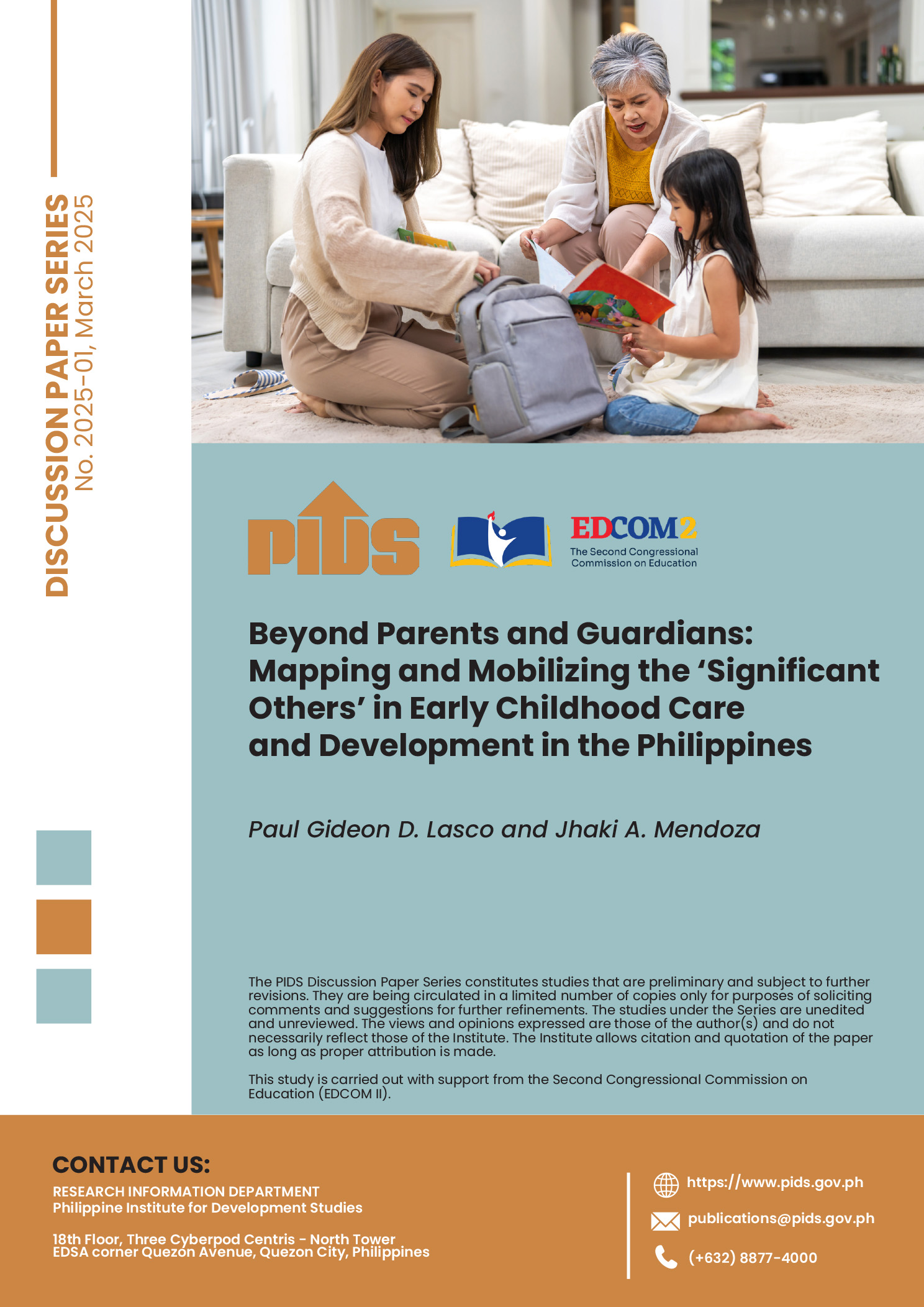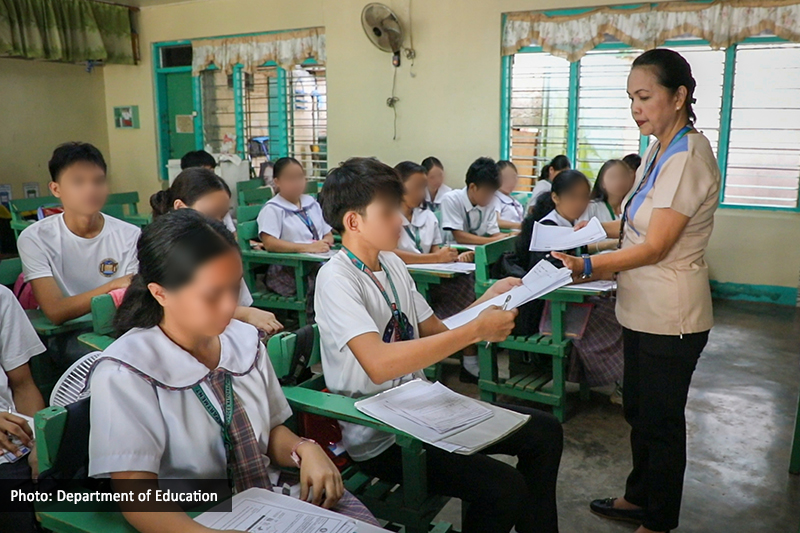SENATOR Sherwin Gatchalian on Monday flagged the low enrolment in early childhood education, noting that only 9 percent of children aged two to four are enrolled in the country’s national and local child development centers (CDCs) for school year 2022-2023.
This means only 608,614 of the estimated 6,835,586 children aged two to four are enrolled in the CDCs.
Gatchalian, chairman of the Senate Committee on Basic Education, noted that this falls far short of the goal of achieving universal ECCD coverage.
The UNICEF said Early Childhood Education- Kindergarten to Grade 4 Longitudinal Study in 2021 learners who received early childhood education had better average scores in Literacy (697) by Grade 4 compared to those who did not (672).
Those who received early childhood education also had better average scores in Mathematics (702) compared to those who did not (671).
Gatchalian revealed this figure during a hearing on bills that seek to strengthen early childhood care and development (ECCD) in the country.
GEARING UP FOR SCHOOL YEAR 2023-2024. An elementary school teacher tests the reading skill of an incoming Grade 4 pupil at the Sen. Ninoy Aquino Jr. Elementary School in Baseco Compound, Manila during Monday’s enrolment ahead of the opening of class on Aug. 29. Danny Pata
Citing data from the Philippine Statistics Authority (PSA), the Department of Social Welfare and Development (DSWD), and the Early Childhood Care and Development Council (ECCDC), Gatchalian pointed out
Based on a May 2023 policy note by state think tank Philippine Institute for Development Studies (PIDS), the low pre-kindergarten participation is partly attributed to parents’ perception that children aged 4 to 5 years old are still too young to go to school. This perception was reflected in the Functional Literacy, Education and Mass Media Survey (FLEMMS) 2019, where 98 percent of parents believed that children within this age bracket are too young to attend school.
The PIDS also noted the unequal distribution of the country’s 56,400 daycare centers between first-class and lowest income municipalities. In 2022, the DSWD reported that around 14 percent of local government units, particularly low-income municipalities, have yet to establish their centers.
Gatchalian’s Basic Education and Early Childhood Education Alignment Act (Senate Bill No. 2029) seeks to ensure the alignment of the ECCD curriculum and the K to 12 basic education curriculum. It also mandates greater responsibilities on local government units for the implementation of ECCD programs to include, among others, the achievement of universal coverage for the ECCD system and the augmentation of funds and resources.
“There are also a lot of structural issues that we need to identify and correct. Without strengthening and clearing this structure in place, it is very difficult to roll out a national program that is being implemented by a local government unit. We have about 1,500 local government units, and it is very difficult for them to evenly implement a national program if the structure is not in place,” the lawmaker said.












